Acidic oceans cause fish to lose their sense of smell
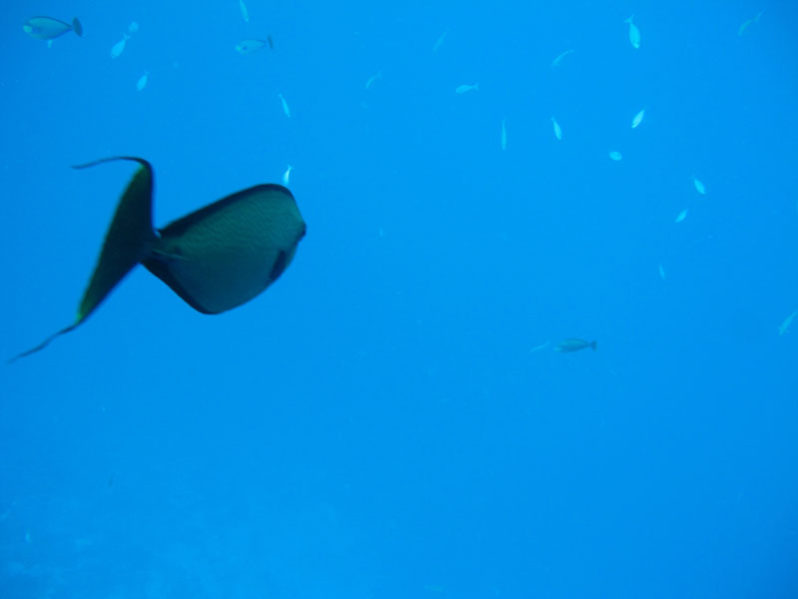
Fish are losing their sense of smell because of increasingly acidic oceans caused by rising levels of carbon dioxide (CO2) in the atmosphere, new research shows.
Global Study of World’s Beaches Shows Threat to Protected Areas
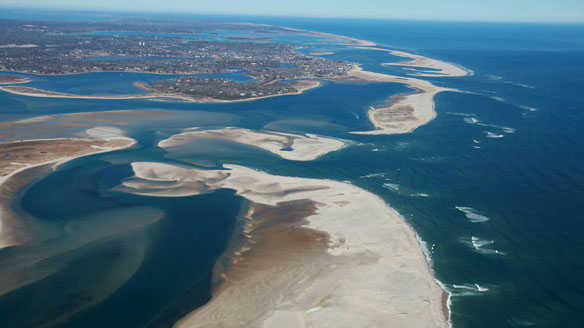
A first-of-its-kind survey of the world’s sandy shorelines with satellite data found that they have increased slightly on a global scale over the past three decades but decreased in protected marine areas, where many beaches are eroding.
Blue Economy Movement Gains Traction in Africa
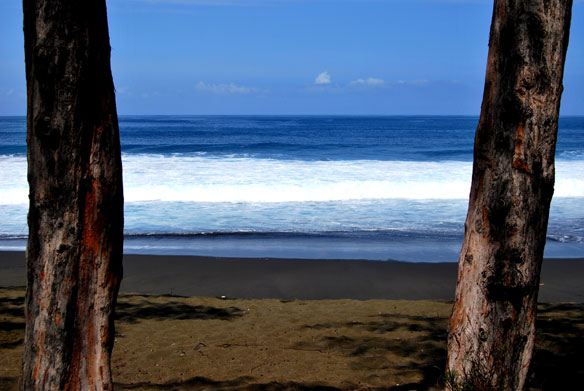
Ahead of the upcoming Sustainable Blue Economy Conference, that will be co-host by Kenya and Canada this November, economic experts are optimistic that the Blue Economy movement – which is about sustainable exploitation of oceans, seas, rivers and lakes – is gaining traction.
Seaweed farming and its surprising benefits
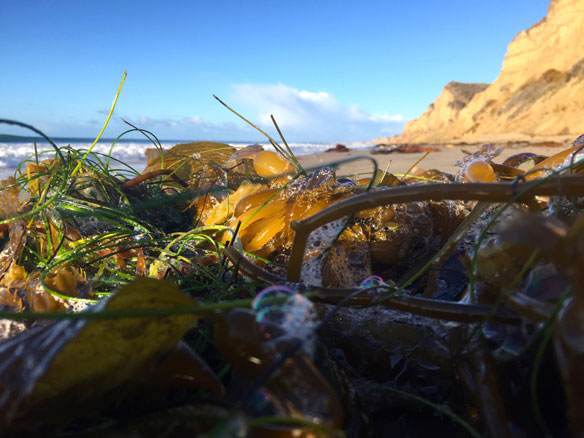
Increasing numbers of fishermen, scientists, and foodies in the country are starting to look at seaweed as a promising source of food, jobs and help cleaning ocean waters.
Forests and Marine Resources Continue to Shrink
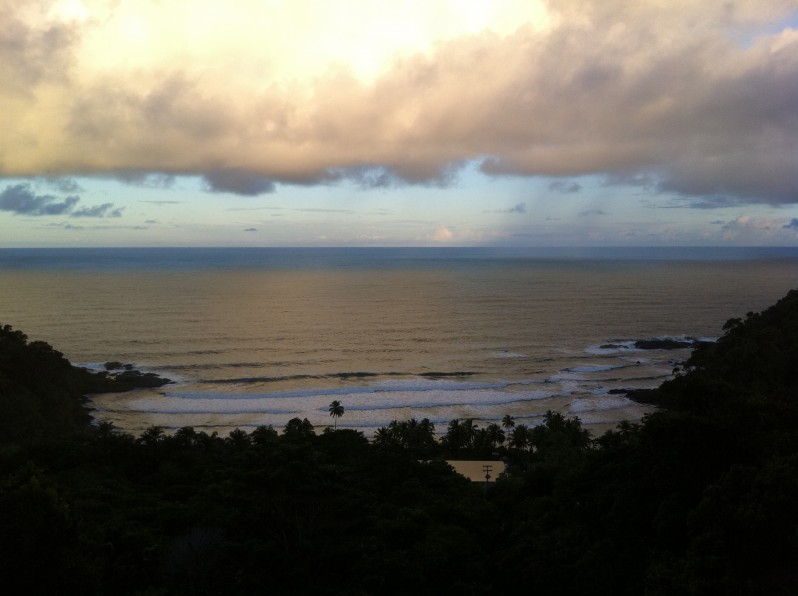
Deforestation and unsustainable farming are depriving the planet of forests, while destructive practices in fishing are limiting the chance to sustainably manage our oceans.
Romans had whaling industry, archaeological excavation suggests
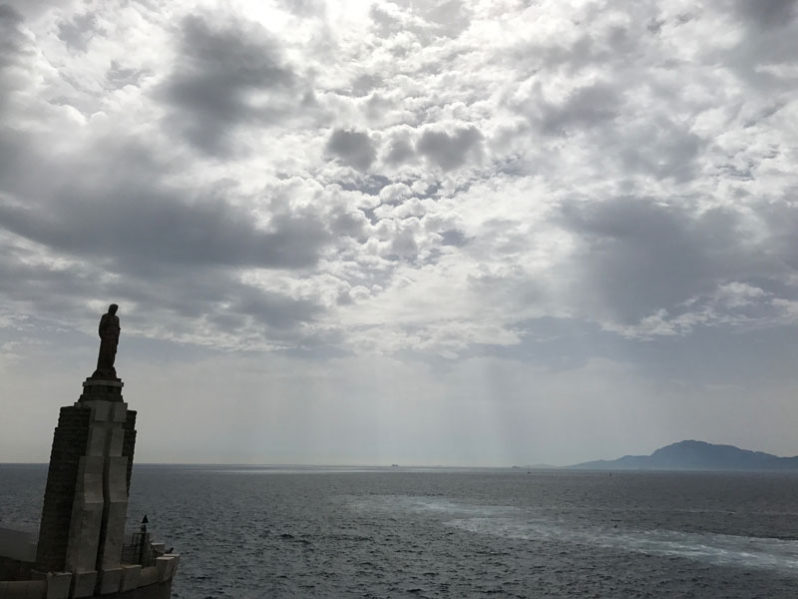
Ancient whale bones have been found on three Roman fish processing sites close to the Strait of Gibraltar. Until the recent discoveries it was unclear whether the whales’ habitat had ever included the Mediterranean.
Ocean Conservation Is an Untapped Strategy for Fighting Climate Change
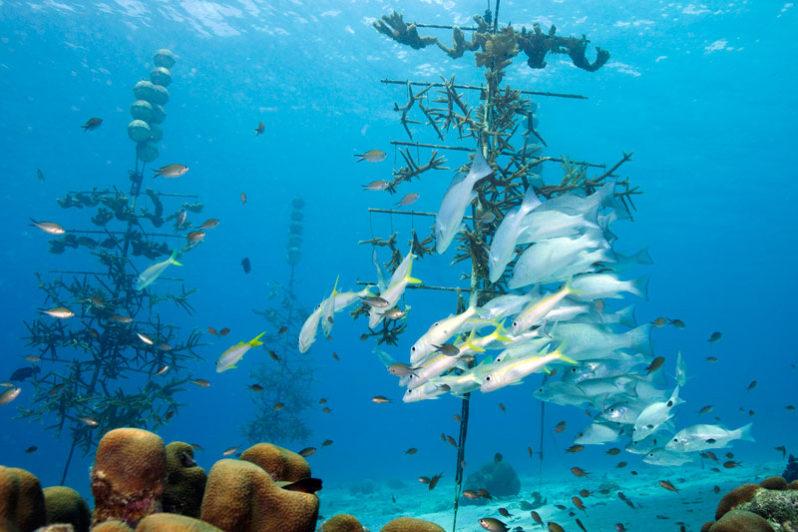
The ocean contributes $1.5 trillion annually to the global economy and assures the livelihood of 10-12 percent of the world’s population. But there’s another reason to protect marine ecosystems—they’re crucial for curbing climate change.
Help Save the Vaquita; By NRDC
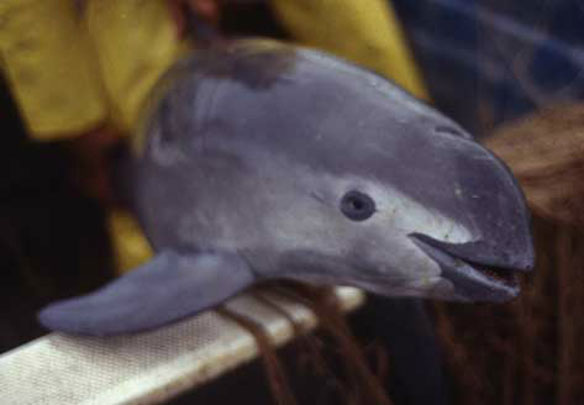
The vaquita marina is the world’s smallest and most endangered porpoise. They are only found in the northern part of the Gulf of California, a narrow body of water 100 miles south of the U.S. border with Mexico. There are fewer than 30 vaquitas left in the world
Improving seabird conservation in Patagonian ecosystems
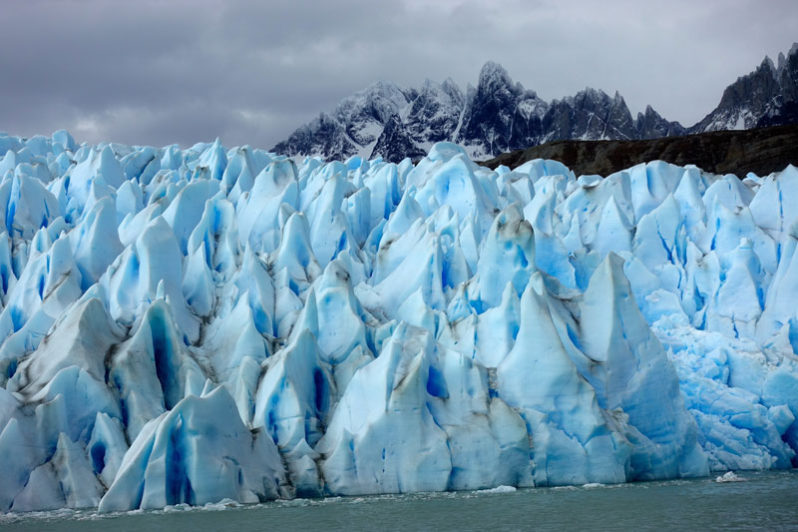
Preserving a 300,000 square km area in Patagonian waters could improve the conservation of 20 percent of the population of sea birds in their natural habitat. Marine ecosystems in the Argentinian Patagonia are one of the areas with a larger biodiversity and highest biological production worldwide.
